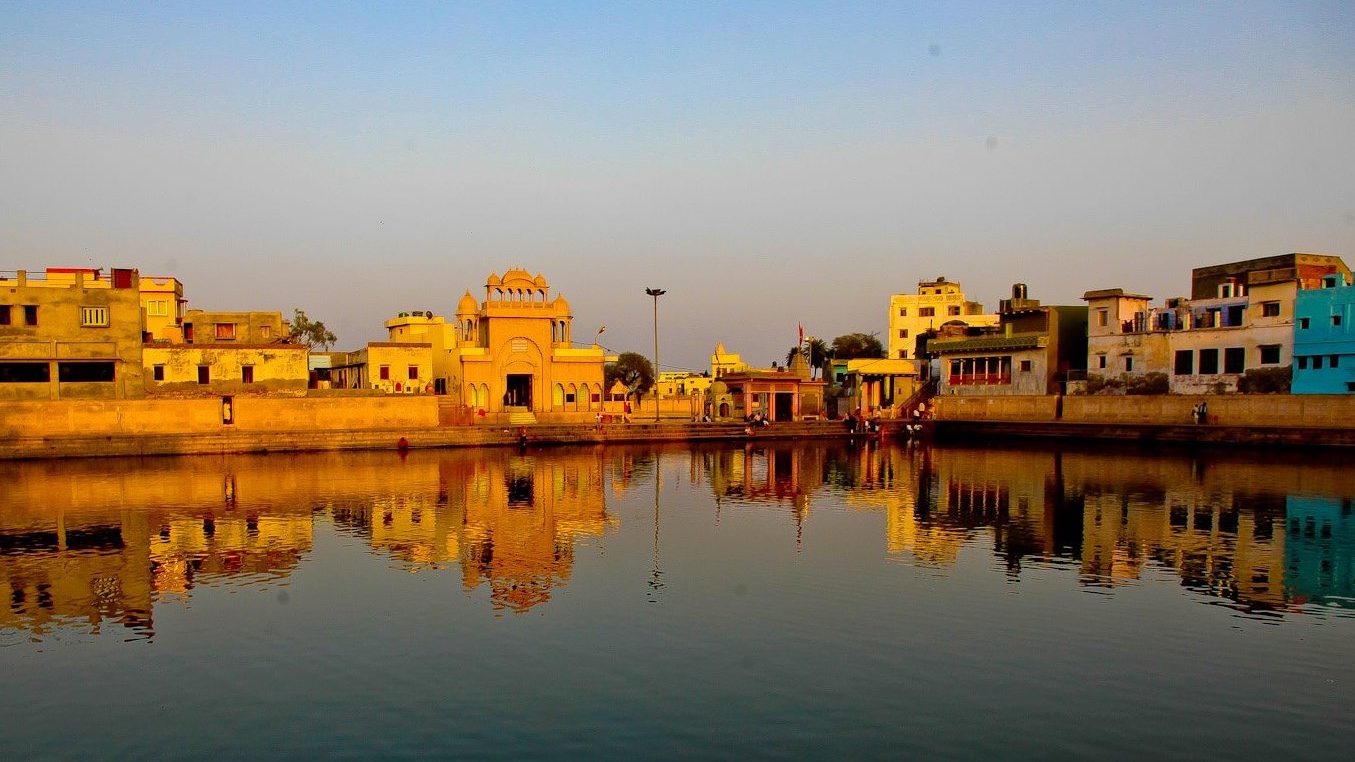
śaktī [power, energy, potency]
There is nothing without energy.
There is no heat in the fire, no movement of the water, no light, no sound. Nothing.
Without energy, there is no life in nature, no flowers that grow or trees that reach to the sky, no insects that creep, no animals that roam, no human hearts that pump warm blood through the veins.
Without energy there are no sensations, nothing to smell or taste or touch or see.
Without energy there is no feeling, no tremors of emotion, no sensations of the heart, no sensations that surprise with their appearance, and astonish through their vanishing.
And so without energy there is no soul, there is no life, there is no love.
Love is the name of energy in its highest form. It is energy that is equal to God. The desires we experience, the attractions that seize our senses are the expressions of this love, this divine love, this divinity.
Continue reading





